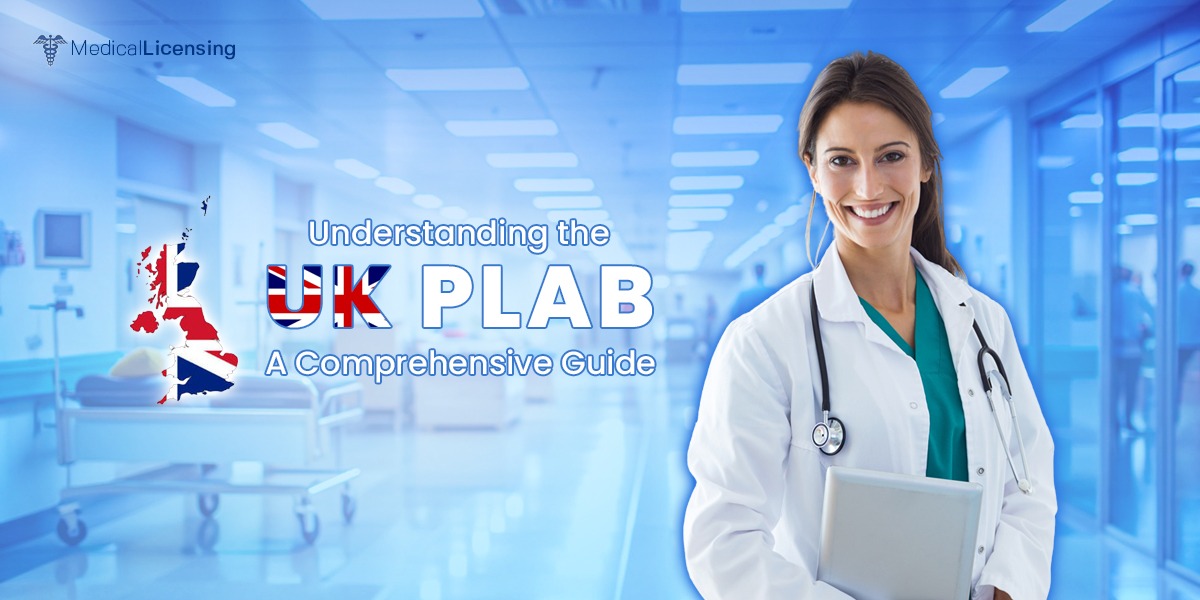Medical professionals undergo rigorous examinations to obtain their licenses and practice medicine.
Introduction:
Medical professionals
undergo rigorous examinations to obtain their licences and practise medicine.
In the United Kingdom, the UKMLA (United Kingdom Medical Licensing Assessment)
is a key examination that medical graduates must complete to become licensed
practitioners. However, it is essential to understand how the UKMLA differs
from other medical licensing exams around the world. In this blog post, we
explore the distinctions between the UKMLA and other medical
licensing exams, shedding light
on the unique features, requirements, and implications for medical
professionals.
1. Structure and
Format:
- Discuss the
structure and format of the UKMLA, highlighting its components, such as the
written examination and the clinical and professional skills assessment
- Compare it to the
structures of other medical licensing exams, such as the USMLE (United States Medical Licensing
Examination) or the PLAB (Professional and Linguistic Assessments Board) exam
2. Content Coverage:
- Explore the specific
areas of medical knowledge and skills assessed in the UKMLA, such as clinical
reasoning, communication, ethics, and professionalism
- Contrast this with
the content coverage of other medical licensing exams, which may have
variations in the emphasis on specific subjects or clinical practices
3. Licensing and
Regulatory Bodies:
- Discuss the role of
licensing and regulatory bodies in different countries and regions, such as the
General Medical Council (GMC) in the UK, the Federation of State Medical Boards
(FSMB) in the US, or the Medical Council in other countries
- Highlight the
significance of these bodies in setting the standards and requirements for
medical licensure
4. Integration with
Medical Education:
- Examine how the UKMLA aligns with the medical education curriculum
in the UK and the assessment of core competencies
- Compare this
integration with the medical education systems and curriculum alignment in
other countries
5. International
Recognition and Portability:
- Discuss the
recognition and portability of the UKMLA qualification internationally and how
it may impact medical professionals' ability to practise in different countries
- Explore the
recognition of other medical licensing exams and the potential for reciprocity
agreements between different regions
6. Career
Implications:
- Address the career
implications of successfully passing the UKMLA, such as eligibility for
postgraduate training programs or progression within the UK healthcare system
- Contrast this with
the career implications of other medical
licensing exams, including access to
residency programs, fellowship opportunities, or practice opportunities in
different healthcare systems
Conclusion:
Understanding the
differences between the UKMLA and other medical licensing exams is vital for
medical professionals aspiring to practise in the UK or other countries. By
exploring the unique features, content coverage, licensing bodies, integration
with medical education, international recognition, and career implications,
medical professionals can make informed decisions and adequately prepare for
their licensure journey. It is crucial to consult the respective regulatory
bodies and stay updated with the evolving requirements and processes to
navigate the path to becoming a licensed medical practitioner successfully.
Tags: UKMLA, medical licensing
exams, UK medical exams, medical education, licensing requirements, medical
regulation, healthcare profession, medical qualifications, medical career,
medical exams comparison, international medical exams, medical board exams, medical
licensing process.




